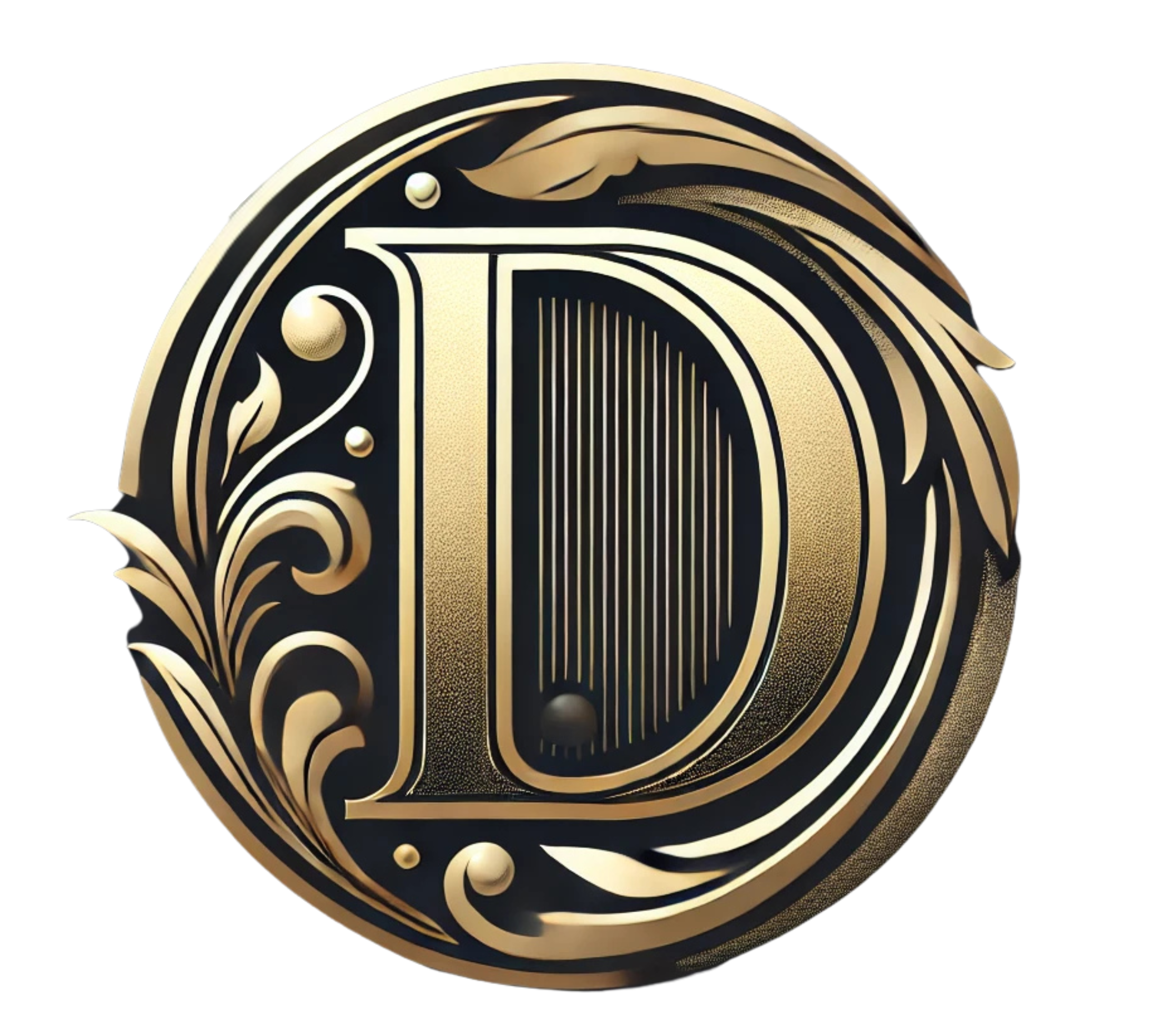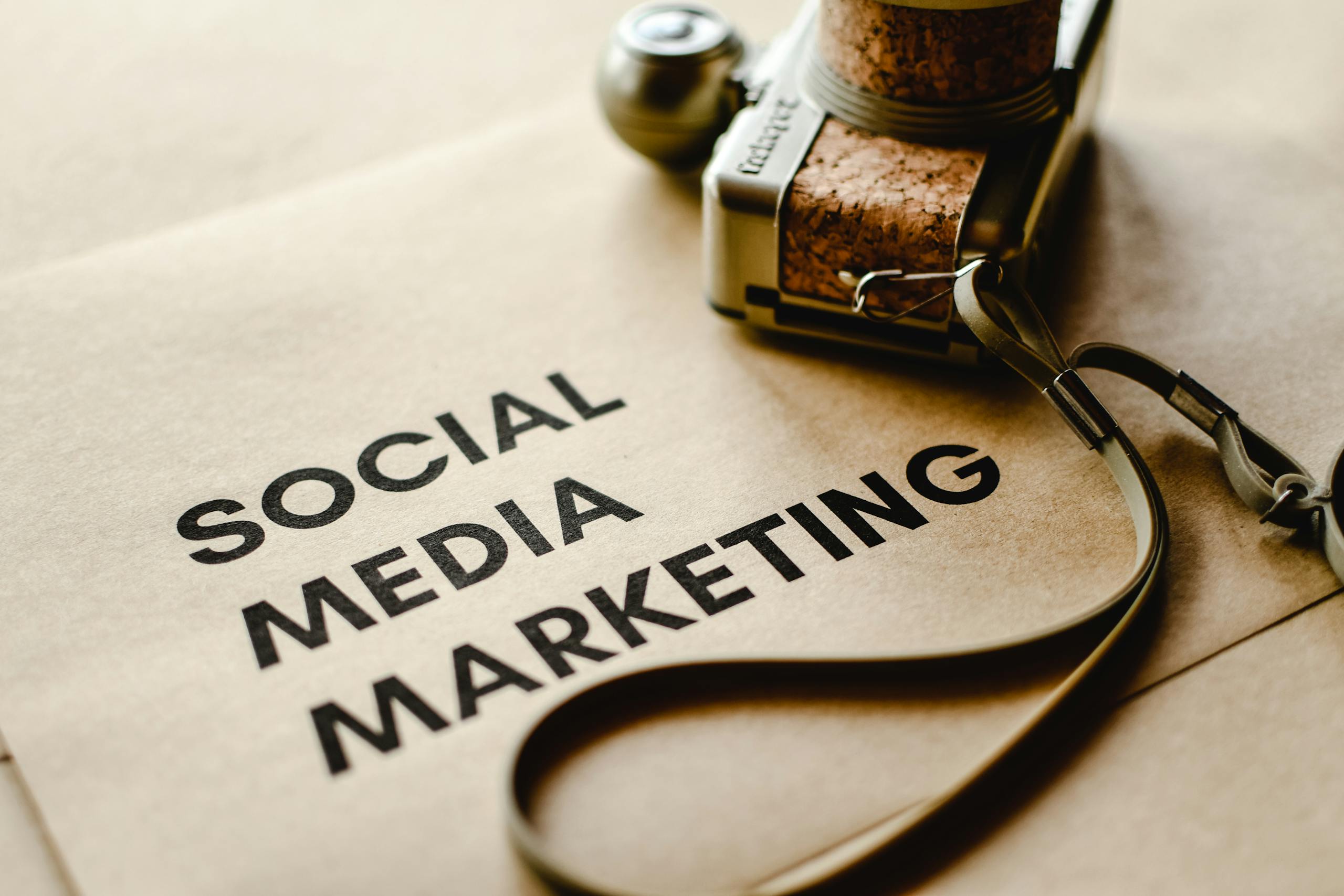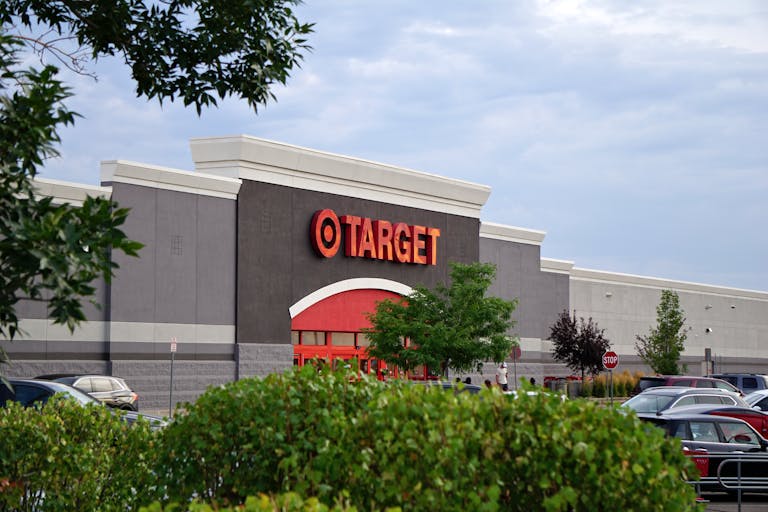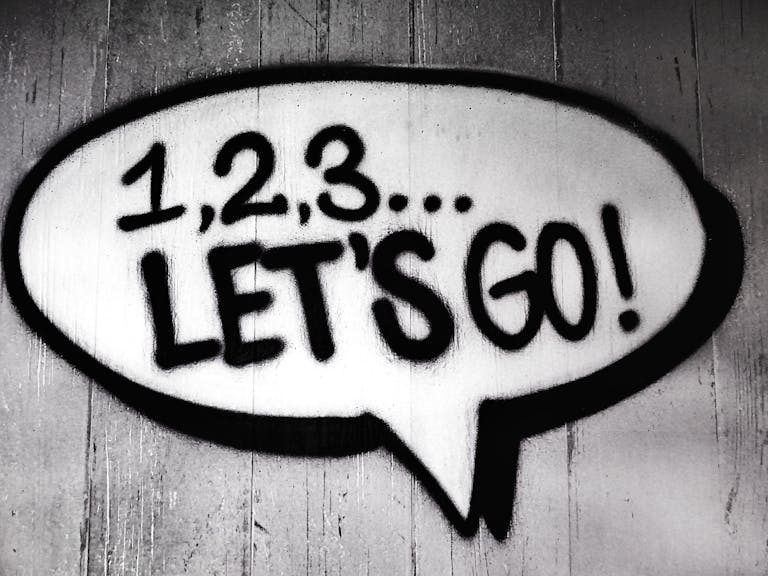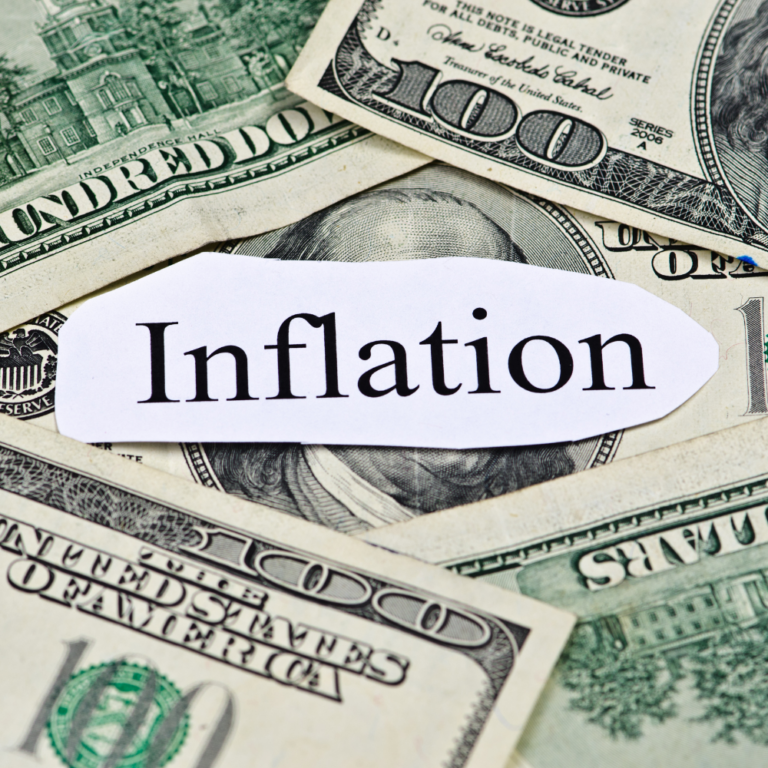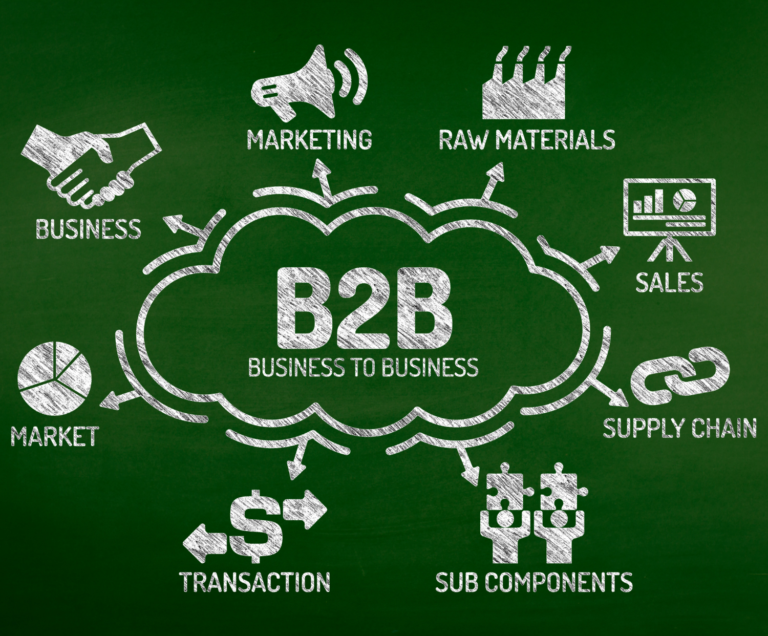Navigating the Top Advertising Channels in 2025
Facebook, Instagram, TikTok, Reddit, and Pinterest
As digital advertising continues to evolve, brands face a growing number of platforms to connect with their audience. Facebook, Instagram, TikTok, Reddit, and Pinterest have emerged as leading contenders in the paid media landscape, each offering unique features, demographics, and engagement styles that can influence the success of a campaign. For brands planning their media spend, understanding the advantages and disadvantages of each platform—and which types of businesses are best suited for each—is essential.
Here’s a look at the strengths and limitations of these platforms, along with guidance on which types of brands might find more (or less) success on these platforms in 2025.
1. Facebook: The Versatile Giant with Broad Reach
With over 2.9 billion monthly active users, Facebook remains a powerhouse for digital advertising. Facebook’s diverse user base and advanced targeting capabilities make it a versatile option for many brands, though recent changes in audience behavior have influenced the platform’s effectiveness, especially for younger demographics.
- Advantages: Facebook’s extensive targeting options, including age, location, interests, and behavior targeting, make it a strong choice for brands looking to reach specific audiences. The platform supports multiple ad formats, such as video, carousel, and slideshow ads, providing flexibility for various marketing objectives.
- Disadvantages: Facebook’s popularity among older age groups can be a disadvantage for brands targeting Gen Z or young millennials, who are more active on Instagram and TikTok. Additionally, Facebook’s complex ad system requires more effort to navigate, and recent privacy updates have limited ad effectiveness for some brands.
Best for: Established brands with a broad target audience, especially those aiming for engagement with older millennials, Gen X, and baby boomers. B2C brands that offer a wide range of products or services can benefit from Facebook’s extensive targeting options.
2. Instagram: The Hub of Visual Storytelling
Instagram, owned by Facebook, has grown into a visual-centric platform where brands can tell stories through high-quality images, videos, and short-form content. With over 1 billion monthly active users, Instagram is ideal for brands with a visually engaging product and a focus on younger audiences, especially millennials and Gen Z.
- Advantages: Instagram’s focus on visual storytelling makes it ideal for lifestyle, fashion, beauty, and food brands. Features like Stories, Reels, and Shoppable Posts allow for dynamic interactions, and ads blend seamlessly into organic content, enhancing engagement rates.
- Disadvantages: Instagram’s high reliance on visual quality can be challenging for brands without a strong content creation strategy or budget. It’s also less effective for brands targeting older generations.
Best for: Brands with visually appealing products, such as fashion, beauty, fitness, and food. Instagram works especially well for B2C brands looking to connect with younger, visually-driven audiences and build long-term brand loyalty.
3. TikTok: The New Frontier of Creative Engagement
With its short-form video format and rapidly growing user base, TikTok has become a go-to platform for highly engaging, trend-driven content. TikTok’s algorithm prioritizes content over follower count, allowing even small brands to gain massive visibility if they produce creative, relevant content.
- Advantages: TikTok’s organic reach and engagement potential are unmatched, especially among younger audiences. The platform’s ad formats, like In-Feed Ads, Branded Hashtag Challenges, and TopView Ads, allow brands to connect with audiences in a fun, casual way.
- Disadvantages: TikTok’s user base skews young, with the majority under 30. Brands targeting older demographics or B2B audiences may find limited success. TikTok also requires a fast-paced content strategy with consistent, engaging, and relevant video content.
Best for: DTC brands with a focus on younger audiences, especially in industries like beauty, fashion, lifestyle, and tech. TikTok is ideal for brands that can create playful, creative, and trend-driven content that resonates with Gen Z and younger millennials.
4. Reddit: The Forum-Based Platform for Niche Audiences
Reddit is known for its community-driven content and niche forums (subreddits), which allow brands to target highly specific audiences. With over 52 million daily active users, Reddit’s demographic is tech-savvy and values authenticity, making it ideal for brands that can engage in a conversational, informative way.
- Advantages: Reddit’s highly targeted advertising options and engaged communities make it effective for brands aiming to connect with niche audiences. Reddit Ads can appear as native content within relevant subreddits, making them less intrusive and more appealing to Reddit users.
- Disadvantages: Reddit users are often skeptical of overt advertising, so brands need to tread carefully to avoid negative backlash. Success on Reddit requires a nuanced approach that respects the community’s tone and values.
Best for: Brands with a niche product or service, especially those targeting tech, gaming, lifestyle, and DIYcommunities. Reddit is particularly well-suited for DTC brands that can offer educational or informative content that aligns with the community’s interests.
5. Pinterest: The Visual Inspiration Hub for Lifestyle Brands
With over 400 million monthly active users, Pinterest is a powerful platform for brands in lifestyle, fashion, home decor, and food sectors. Pinterest functions as a visual search engine where users discover and save ideas, making it a strong choice for brands that can inspire or assist in planning.
- Advantages: Pinterest Ads blend seamlessly with organic content, giving brands visibility in a non-intrusive way. The platform is highly effective for discovery, as users actively search for ideas and inspiration. Shoppable Pins allow brands to drive traffic directly to product pages.
- Disadvantages: Pinterest’s user base is predominantly female, which limits its appeal for some brands. Additionally, Pinterest’s focus on discovery rather than social interaction may not work for brands seeking high engagement rates.
Best for: Brands in fashion, home decor, DIY, and wellness industries. Pinterest is ideal for B2C brands looking to connect with consumers during the discovery phase, especially those with visually inspiring products.
Quick Pros & Cons Overview: Facebook, Instagram, TikTok, Reddit, and Pinterest
| Platform | Pros | Cons |
|---|---|---|
| – Broad audience reach – Advanced targeting options – Multiple ad formats available | – Skews toward older demographics – Privacy updates affecting ad performance – Complex ad system | |
| – Strong visual engagement – Ideal for storytelling – Effective for lifestyle brands | – Limited appeal to older generations – High reliance on quality visuals – Ads may feel intrusive without good creative | |
| TikTok | – High organic reach – Engaging ad formats – Content-first algorithm | – Young demographic – Requires fast-paced, creative content strategy – Less effective for B2B or older audiences |
| – Highly targeted ads – Engaged, niche communities – Native ad placements | – Skeptical audience – Risk of negative backlash – Requires respectful, community-minded approach | |
| – Effective for discovery and planning – Non-intrusive ad format – Strong in lifestyle sectors | – Limited appeal for male audiences – Focuses on discovery over interaction – Not ideal for brands seeking high engagement |
Choosing the Right Platform for Your Brand’s Goals
The success of a digital advertising strategy depends heavily on aligning your brand’s goals with the platform’s unique strengths. Here’s a quick guide to help you decide:
- Facebook: Best for brands seeking broad reach with diverse audiences, especially those with older customers. If your brand offers a wide product range or relies on precise targeting, Facebook’s tools will likely provide a solid return on investment.
- Instagram: Ideal for brands that thrive on visual engagement and want to connect with younger, visually-driven audiences. For fashion, lifestyle, and beauty brands with a strong storytelling component, Instagram provides the perfect balance of aesthetic and functionality.
- TikTok: A natural fit for brands looking to engage Gen Z and younger millennials with short-form, playful content. TikTok rewards creative, trend-driven campaigns that can go viral, making it ideal for brands ready to experiment and embrace a more informal tone.
- Reddit: Best for niche brands targeting specific communities with valuable, relevant content. Success on Reddit requires an authentic approach, but when done right, it can foster a dedicated audience.
- Pinterest: Perfect for brands that want to inspire consumers and offer solutions during the discovery phase. Ideal for industries like fashion, decor, and wellness, Pinterest allows brands to engage consumers with non-intrusive, visually appealing ads.
Each platform has its own unique strengths and potential drawbacks, but with a well-thought-out strategy, any brand can find the right channel to amplify its message. By understanding each platform’s specific advantages, brands can invest their ad spend where it’s likely to yield the most impactful results.
